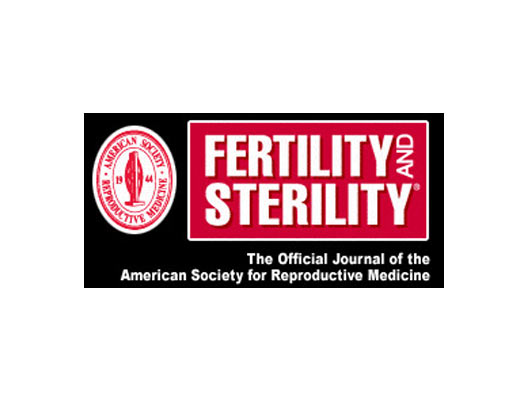Women who experience secondary infertility are often baffled by their diagnosis. “I was able to easily conceive before,” many women tell us. “Why am I now having trouble?”
When our therapists examine women with secondary infertility, they look for ten key changes:
- C-Section – Did the patient have a c-section? Adhesions and scar tissue after a c-section can cause blocked fallopian tubes or prevent proper implantation
- Episiotomy – Did the patient have an episiotomy? An episiotomy scar can cause adhesions that extend into the vagina and cervix, causing the cervix to become stiffened and prevent the passage of sperm
- Hormonal Changes – Has the patient had her hormone levels checked since giving birth? Has the patient’s period changed in heaviness or number of days? Pregnancy and aging can cause hormones to change, which may be causing infertility
- Surgeries – Did the patient undergo any surgeries since pregnancy? Surgeries can cause adhesions to form and impair fertility
- Trauma – Has the patient experienced any car accidents, falls, abuse, or similar traumatic events? These events can cause long-lasting injuries, pelvic imbalances, adhesion formation, and other factors that can negatively impact fertility
- Infection – Has the patient had any bladder, vaginal, or yeast infections since pregnancy? Infections can cause adhesions to form in the delicate structures of the female pelvis. These adhesions can impair female fertility in multiple ways
- Inflammation – Has the patient been diagnosed with any new inflammatory conditions, such as endometriosis or PID? Inflammation directly causes adhesion formation, which can lead to infertility
- Pelvic or Back Pain – Has the patient experienced any hip, back, or pelvic pain since pregnancy? Pain is a sign that something is wrong. Pain in the pelvis may be linked to infertility, such as a hip injury that is located near the fallopian tubes.
- Sexual Dysfunction or Intercourse Pain – Has the patient experienced any sexual dysfunction or intercourse pain since pregnancy? Any problems in decreased desire, arousal, lubrication, orgasm, or satisfaction is a sign that adhesions have formed in the delicate structures of the reproductive tract, possibly causing infertility
- Ovulation or Menstrual Pain – Has the patient experienced any new ovulation or menstrual pain since pregnancy? Ovulation pain is a sign that adhesions may be restricting and impairing the proper function of the ovary. New menstrual pain is a sign that adhesions may have formed around the uterus, preventing proper implantation.
Related Content:
- Secondary Infertility
- Two Natural Pregnancies After Secondary Infertility: NBC and Fox-TV Anchor Linda Vester’s Story
- Mommy Blogger Seeks Alternative Therapy for Treating Secondary Infertility, Shares Intimate Details With Millions of Women Worldwide
- Ten Clues to Solving Secondary Infertility
Blog Categories:





















